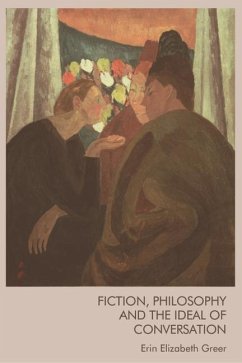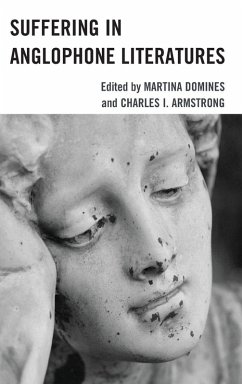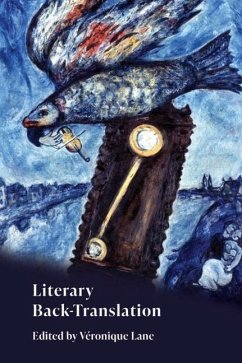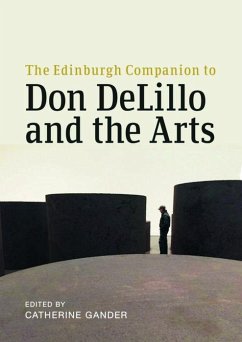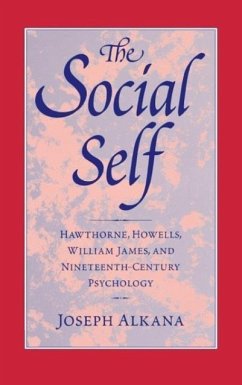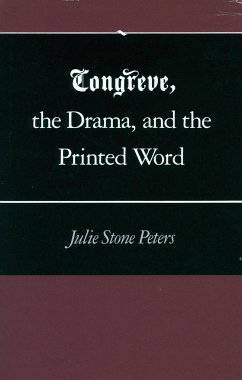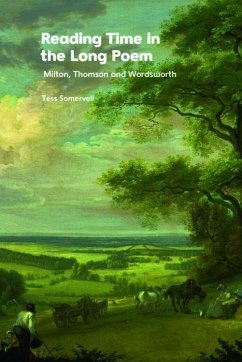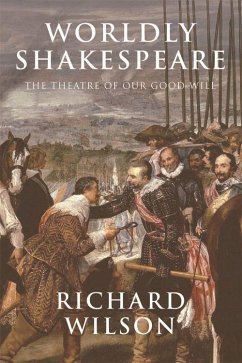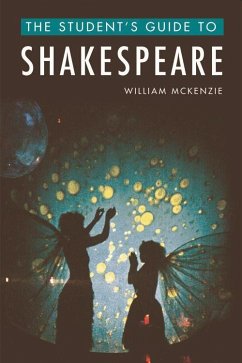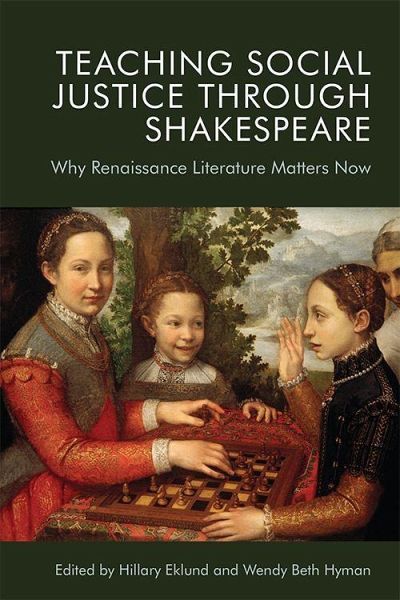
Teaching Social Justice Through Shakespeare
Why Renaissance Literature Matters Now
Herausgeber: Eklund, Hillary; Hyman, Wendy Beth
Versandkostenfrei!
Versandfertig in über 4 Wochen
128,99 €
inkl. MwSt.

PAYBACK Punkte
64 °P sammeln!
New ideas for teaching contemporary social justice through Shakespeare and Renaissance literature This book is for teachers who want to heighten the intellectual impact of their courses by using their classrooms as a creative space for social formation and action. Its twenty-one chapters provide diverse perspectives on Shakespeare and Renaissance literature that engage innovation, collaboration, and forward-looking practices. They model ways of mobilizing social justice with early modern texts and claim the intellectual benefits of integrating social justice into courses. The book reconceives ...
New ideas for teaching contemporary social justice through Shakespeare and Renaissance literature This book is for teachers who want to heighten the intellectual impact of their courses by using their classrooms as a creative space for social formation and action. Its twenty-one chapters provide diverse perspectives on Shakespeare and Renaissance literature that engage innovation, collaboration, and forward-looking practices. They model ways of mobilizing social justice with early modern texts and claim the intellectual benefits of integrating social justice into courses. The book reconceives the relationship between students and the Renaissance in ways that enable them-and us-to move from classroom discussions to real-life applications. Teaching Social Justice Through Shakespeare: Why Renaissance Literature Matters Now presents . Innovative teaching methods informed by recent cross-disciplinary scholarship . Strategies for effective advocacy amidst the growing complexities of higher education . Discussions of the relevance of historical literary study to contemporary cultural conversations . Multiple, multicultural, and accessible Shakespeares . Critical connections of Shakespeare's plays to democratic conversations and social justice Hillary Eklund is Provost Distinguished Professor, Associate Professor of English, and Chair of the department at Loyola University New Orleans. Wendy Beth Hyman is Associate Professor of English and Comparative Literature at Oberlin College.




